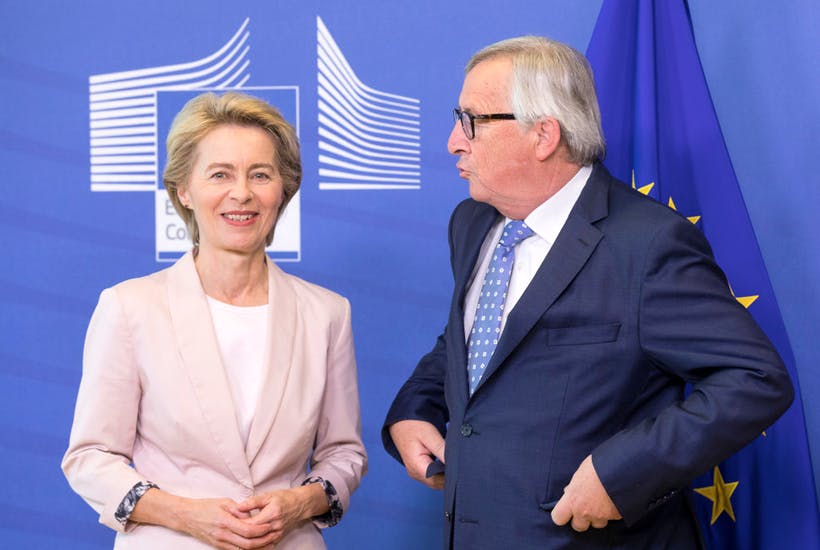Ursula von der Leyen was an unloved choice to replace Jean-Claude Juncker as the next president of the European Commission. She emerged from a ferociously contentious process as a last-minute compromise and she promptly fell into a storm of criticism. Even members of her Christian Democratic Union (CDU) shellacked her. In the thankless role of German defence minister, she was unable to overcome the handicaps imposed by Germany’s postwar pacifism and mindless fiscal stinginess, while a former defence minister blamed her for the “catastrophic” state of the German army. A member of the Bundestag mockingly said: “It’s good for the army that she’s going.” Von der Leyen’s ministry was tainted by charges of unseemly cronyism in the awarding of consulting contracts. Chancellor Angela Merkel, her former boss, even abstained from the final vote for the Commission president to placate her angry coalition partners, the Social Democrats (SDP), who were furious because their preferred candidate was passed over.

Britain’s best politics newsletters
You get two free articles each week when you sign up to The Spectator’s emails.
Already a subscriber? Log in






Comments
Join the debate for just £1 a month
Be part of the conversation with other Spectator readers by getting your first three months for £3.
UNLOCK ACCESS Just £1 a monthAlready a subscriber? Log in